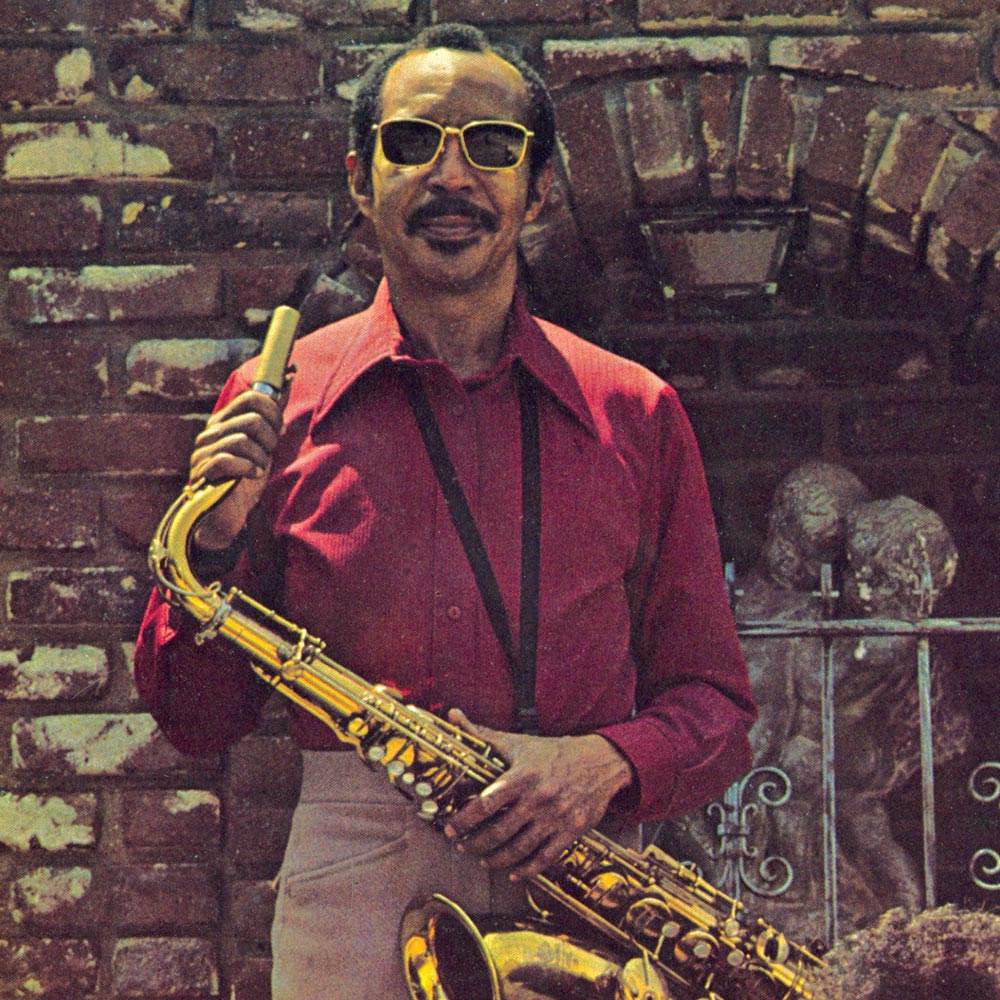At a round-table discussion on West Coast jazz held in 1988, Buddy Collette offered a few words about fellow saxophonist Harold Land:
Harold"s been one of the finest tenor players I've heard and I have hardly heard a write-up about what this man has been doing through the years. . . . I've known him for 30 years, 35 years, and he's been playing jazz morning, noon and night. ... In New York he would have gotten more.
It is all too telling that Harold Land is best remembered in the jazz world for the brief time he was performing on the East Coast with the Clifford Brown/Max Roach Quintet. Land's thirty-five years of exceptional work since that time are often treated as an elaborate footnote to this early apprenticeship. The recordings, however, tell no lies. They document Land's major contributions to jazz both during and after his work with Brown and Roach. They reveal that he was one of the most potent voices on the West Coast scene throughout the period.
Those aware of Land's origins in Houston, Texas, where he was born on February 18, 1928, often hear a lingering Texas tenor sound in his playing. In fact, Land and his family spent only a few months in the Lone Star State. Soon his family moved to Arizona, and just a few years later they settled in San Diego. At an early age Land began taking piano lessons, at the instigation of his mother, but switched to tenor after hearing Coleman Hawkins's influential 1939 recording of "Body and Soul." - Ted Gioia, West Coast Jazz, Modern Jazz in California, 1945-1960
"IN VIEW OF THE CURRENT VOGUE among musicians of such terms as "earthy" and "roots" when appraising the authenticity of a jazzman, I cannot resist noting the aptness of Harold Land's name in this alfresco context. His playing is as deeply rooted in jazz tradition as anyone's now in jazz. His capacity for communicating the blues, his wholeness of pulsation and his insistence on "keeping the emotion free" when he plays — all these elements make him a modernist whose language would not be alien to Sidney Bechet or Tommy Ladnier or Speckled Red." - Nat Hentoff, Jazz author, critic and educator
"Harold Land is one of the most satisfying, soulful, exciting, inventive and highly personal tenors in jazz today." - Tony Hall, British Jazz critic
“Looking back, it seems the quality and fervor of the music created a decade ago in Los Angeles was more significant than many of us then realized. Despite opportunities to hear some of these vigorous happenings via records, important musicians of the time were ignored partly because of a geographical handicap, and partly because lack of popular acceptance had driven much of their music underground. That the excitement of the period is not merely an hallucination induced by retrospect or nostalgia is proved beyond doubt with this reissue of The Fox [Contemporary S-7619;OJCCD-343-2]
Photo: acerecords.co.uk
In 1959, when it was recorded, Harold Land was one of the underrated, underground musicians gigging around Los Angeles. A soft-spoken man whose personality rarely suggests the incandescence of his instrumental sound….His early influences were the big, warm tones of Coleman Hawkins and Lucky Thompson; later Charlie Parker's new concepts helped determine his direction....
Harold decided in 1954 to try his luck in Los Angeles. For several months there
were various odd jobs, none very rewarding.
The turning point came one night when Clifford Brown took his combo-leading partner, Max Roach, to hear Harold play in a session at Eric Dolphy's house. "Eric had known me since the San Diego days, and after I moved to L.A. we became good friends" Harold says. "He was beautiful. Eric loved to play anywhere, any hour, of the day or night. So did I. In fact, I still do!'
The unofficial audition led to Harold's being hired by Brown and Roach. As jazz night club audiences around the country were exposed to the freshness and vitality of Land's playing, he seemed to be well on his way; but in 1956 he had to leave the quintet and return to Los Angeles because of illness in the family.
If, during the balance of the 1950s, he had continued to tour with name groups, there is little doubt that his reputation would have been established sooner and much more firmly on an international level.
Photo: forums.allaboutjazz.com
Land is philosophical about it. "We were making progress in Los Angeles, even if nobody was aware of it. There wasn't much money, but we were having a lot of beautiful musical moments!'”-
- Leonard Feather, Jazz author, critic, record producer, insert notes to The Fox [Contemporary S-7619;OJCCD-343-2]
read more: http://jazzprofiles.blogspot.com.br/2015/08/harold-land-hard-bop-legacy-1928-2001.html?utm_source=feedburner&utm_medium=email&utm_campaign=Feed:+JazzProfiles+(Jazz+Profiles)



0 Comments:
Post a Comment